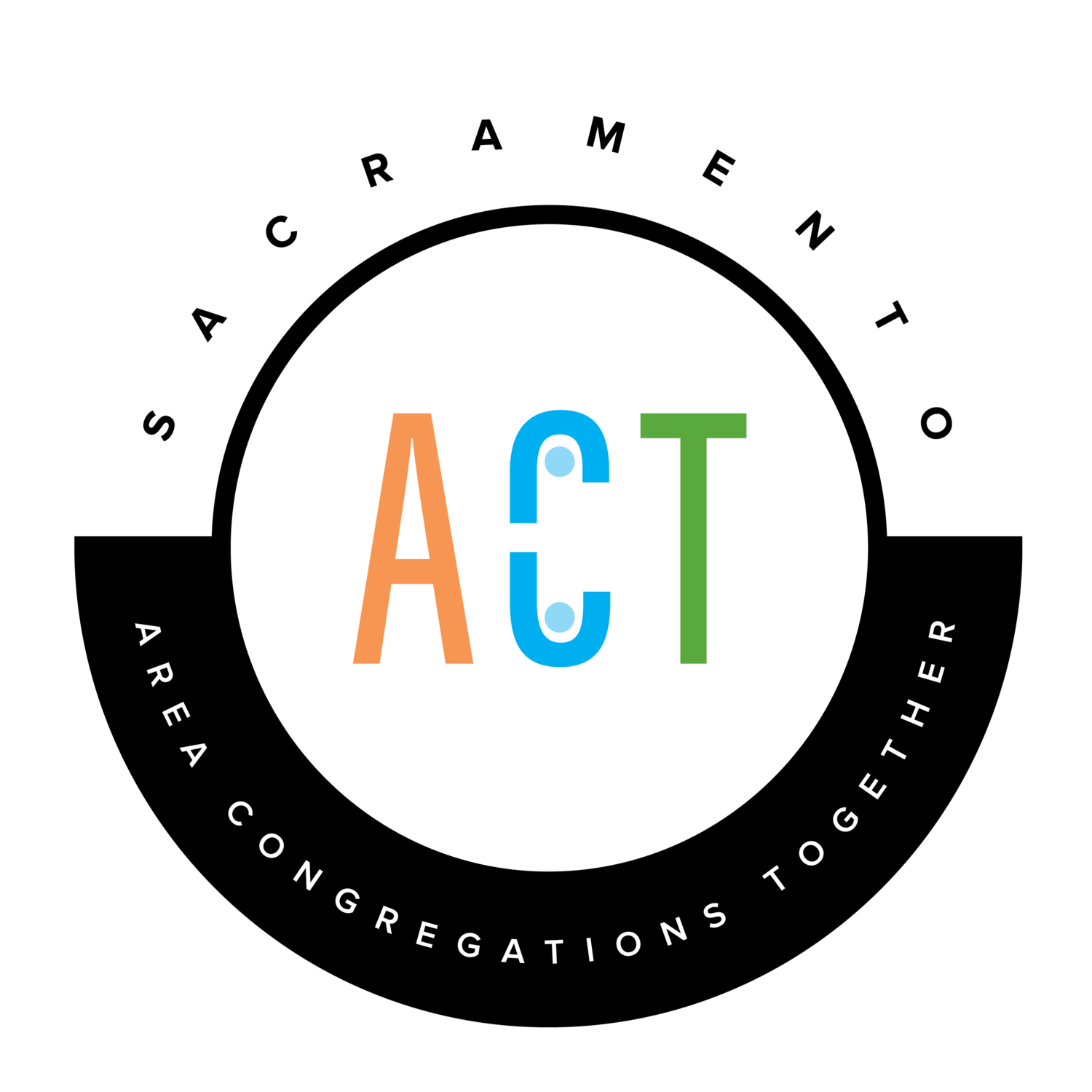A Moral Framework
Organizing begins with the radical act of imagining a different future. Some traditions call this “prophetic imagination,” one which is inspired by the vision of a prophet.
While we imagine the world as it should be, this imagination is always informed by an understanding of the world as it is. The reality in our community, the world as it is, is often painful for communities that have been isolated and excluded, particularly those excluded racially and economically. It is critical to listen to the voices and experience of people closest to the pain to truly develop a picture of the world as it is and to expose injustice.
We do this through building relationships through conversations, or “one-to-ones.” Through these conversations, a whole web of relationships is created in a community, and people find the ways that our experience intersects with others, and find that we are not alone. Unity develops through shared experience. Through research on the issues affecting the community, we find that our individual pain frequently has systemic and structural roots, rather than being a result of a personal moral failing.
Congregation-based organizing has the profound moral resource of offering an imagination of a different future, one of justice, freedom and equity. The scriptures and traditions of our faiths offer hope and vision for the possibility of transformation. They empower us with imagination.
Furthermore, we are called to live out our faith commitments by working to advance justice and equity. Each tradition offers the imagination of a just and equitable future, AND calls upon the faithful to work to make this image a reality.
Through organizing, we connect this hopeful imagination of the world as it should be with the reality of the world as it is now. We give people tools to change the systems and structures that oppress them. We draw on the web of relationships as the source of the power and strength to transform our community and to build racial and economic equity.
Learn more about the PICO model of congregation-based organizing here:
Why Racial Equity?
At Sacramento ACT we seek to build the Beloved Community, following a shared faith vision of inclusion and the inherent dignity of each person. The reality in the United States is that from income to housing, from infant mortality to life expectancy and the health of all the years in between, from education to employment, race predicts the outcome→.
Racial equity will be a reality when race no longer determines life outcomes. Thirty years from now, people of color will become the majority of the population in the United States. All of us have a shared future and our social and economic well-being is linked. We must address racial inequity directly, in order to build a community that benefits and includes all of us.
At Sacramento ACT, beginning with the faith conviction that each human being has inherent worth and dignity, we are leading difficult conversations that work to break down racial divides.

